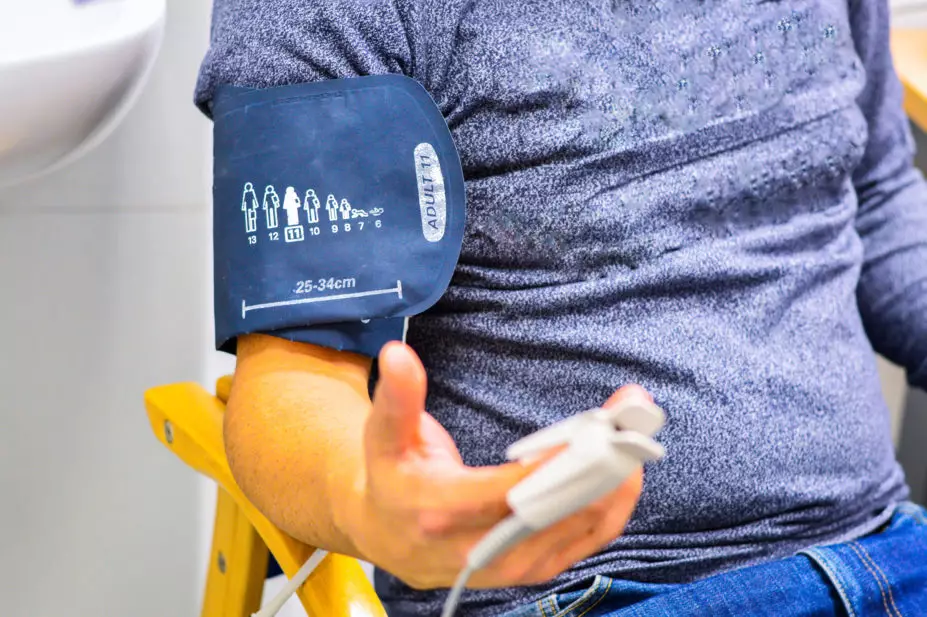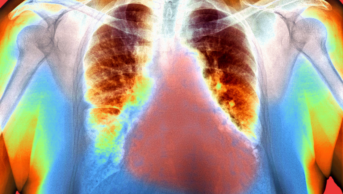
Shutterstock.com
Pharmacist interventions improved patient cardiovascular (CV) health in more than two thirds of published studies analysed as part of a review published in the British Journal of Clinical Pharmacology on 16 February 2022.
The authors looked at data from 24 studies with 85 meta-analyses that assessed CV-related patient outcomes after pharmacist intervention.
The studies included looked at how cardiovascular disease (CVD) risk factors — such as blood pressure, lipid and glucose control, BMI and smoking cessation — were addressed by pharmacists.
In 61 of the 85 meta-analyses (72%), the authors said pharmacist interventions were “significantly associated with an improvement in CV risk factors and cardiovascular outcomes compared to the usual care”.
Interventions were effective when performed in both community and hospital settings, the review noted.
Examples of pharmacist interventions that reduced CVD risk included the use of medication reviews, which led to improved lipid and glucose control, and patient education and drug therapy management, which reduced blood pressure in patients with hypertension.
Pharmacist-led patient education also showed “significantly increased medication adherence in patients with hypercholesterolemia” and a “significantly increased rate of smoking cessation”.
“Pharmacist intervention … in patients with chronic heart failure resulted in a 28% reduction in all-cause mortality,” the paper added.
Outcomes of the pharmacist-led interventions were measured by looking at international normalised ratio control — a measure of how long blood takes to form a clot — hospitalisation and mortality.
Commenting on the findings, Kalpesh Patel, highly specialised cardiac pharmacist at St Bartholomew’s Hospital, London, said: “In my experience, pharmacist interventions make a huge difference in improving CV outcomes and we have seen a significant improvement in patient quality of life and rates of mortality reduce as a result.
As part of his role, Patel leads a clinic, which supports patients who are discharged from hospital after a myocardial infarction.
“Patients are reviewed for up to 12 months, working closely with their GP practices, to further improve on CV outcomes by reviewing blood tests (full lipid profile, HbA1c, urea and electrolytes), blood pressure and heart rate, and using these parameters to optimise secondary prevention therapy.
“[The clinic] also supports patients by providing smoking cessation, healthy eating and lifestyle modification advice following discharge and signposting within the community setting to ensure continuity of care.
“There is so much pharmacists can do, and are doing currently, to improve CV outcomes and reduce CV risk factors amongst the population,” Patel added.
“More recognition is required to ensure more can be done with the ever-changing challenges we face and increased rates of CVD.”
Read more: Blood pressure medicines should be considered for all patients at risk from cardiovascular disease


